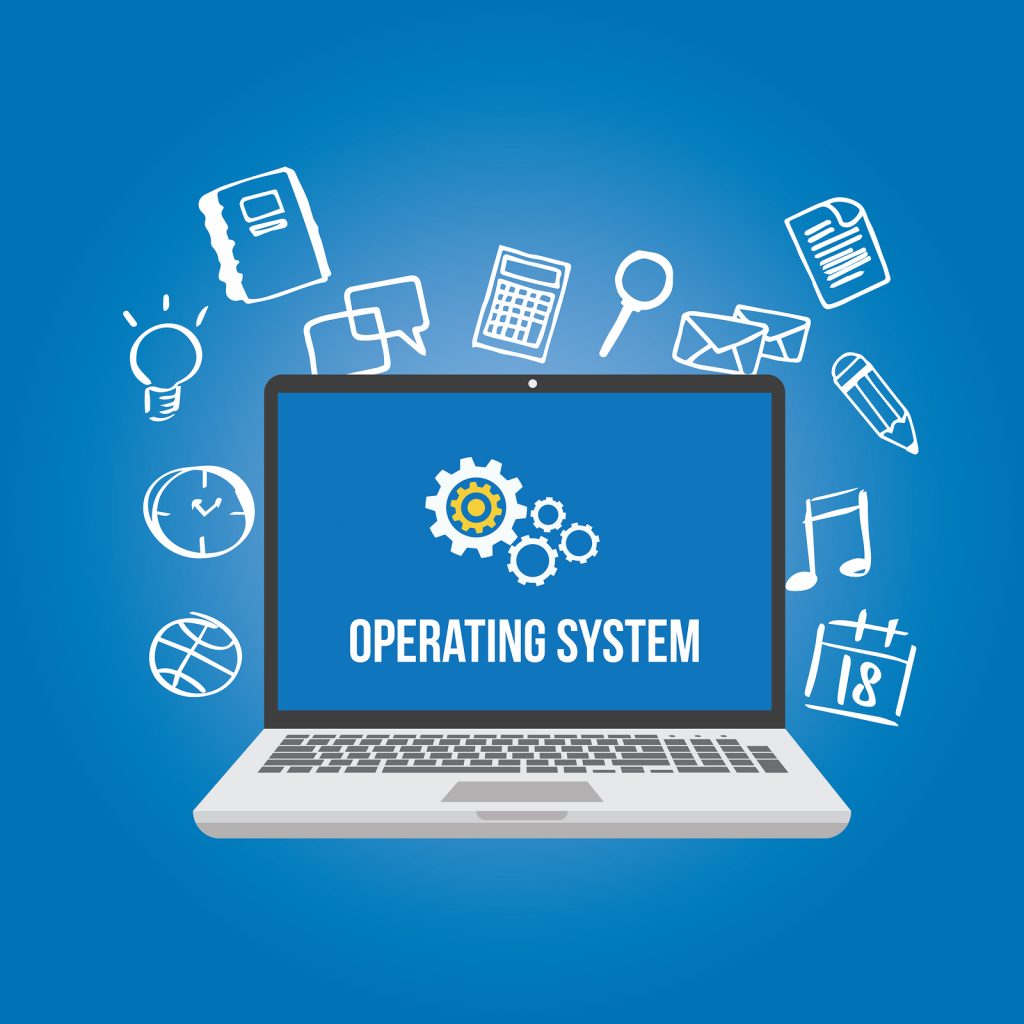
“Routine Sets You Free”
I’ve had the privilege to work with hundreds of organisations across Australia, Asia and the United States — and observed major differences in their performance, and in the satisfaction and engagement of their teams.
While there are many and varied reasons for these differences, a consistent theme I’ve seen is that the highest performing organisations typically have an ‘operating system’ — a set of often simple tools and practices that are routinely used to support the critical functions of the business, spanning finances, people, customers and operations.
Some Examples
Operating systems of the kind I’m describing can take many years to develop and refine — and what works in one organisation is unlikely to be easily translated to another. The good news is, there is a thriving body of work developed by successful organisational leaders to draw on.
Some examples of ‘operating systems’ I’ve seen that have had a big impact on performance are:
Scaling Up: also known as ‘Rockefeller Habits 2.0’, developed by Verne Harnish – a legendary entrepreneur and adviser who founded EO, and the Birth of Giants program at MIT
Great Game of Business: an open book management toolkit, developed by Jack Stack at an again legendary business SRC Holdings
EOS: The Entrepreneurial Operating System, used by a reported 120,000 businesses worldwide
OKRs: Objectives and Key Results, developed industry titan Andy Grove at Intel in the 1980s, and used extensively in Silicon Valley and beyond
Gallup’s Q12: Based on an employee engagement survey, the Q12 model helps diagnose and guide high performance in teams
Embedding Principles into Technology
In recent years, a central challenge for leaders has become how to embed ‘operating system’ principles into the information systems that underpin the business — especially now that there are so many high-quality, off-the-shelf SaaS systems available to organisations of all sizes.
While again there are no easy answers, I have observed a common theme that organisations with a high level of skill in system selection, customisation and integration typically perform much better than those that grapple with legacy systems that aren’t fit for purpose.
Get Started
If you’re considering outside assistance to improve the performance of your organisation, contact us for an obligation free discussion.
